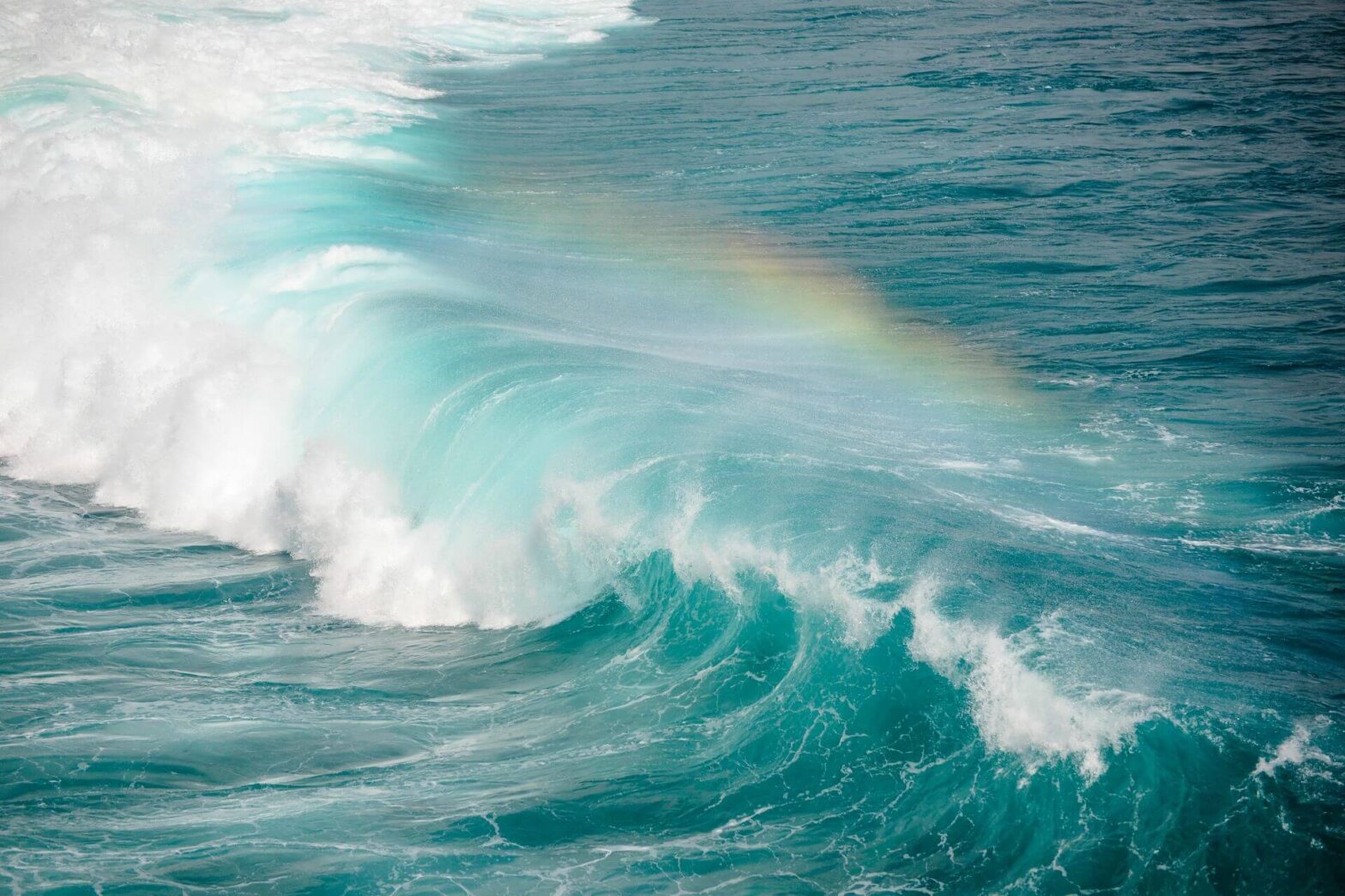OceanCare on IPCC report: Marine conservation is climate protection
The Intergovernmental Panel on Climate Change (IPCC) today releases the important contribution by Working Group II to its 6th Assessment report – «Climate Change 2022 – Impacts, Adaptation and Vulnerability».
It concludes that «human-induced climate change, including more frequent and intense extreme events, has caused widespread adverse impacts and related losses and damages to nature and people». And while «safeguarding biodiversity and ecosystems is fundamental to climate resilient development», a «high proportion of species is vulnerable to climate change». For «maintaining the resilience of biodiversity and ecosystem services at a global scale», we need «effective and equitable conservation of approximately 30% to 50% of Earth’s land, freshwater and ocean areas, including currently near-natural ecosystems». However, at present only less than 8% of the ocean is protected.
OceanCare fully supports the great significance that the IPCC is attaching to marine conservation. «Our oceans are the blue lungs of our planet», says Nicolas Entrup, Director of International Relations at OceanCare. «Together with other natural ecosystems, the ocean forms the life support system we depend on to live on this small blue planet in a vast and barren universe.» Our climate is changing rapidly, atmospheric CO2 concentrations are higher than ever before in human history and the ocean is warming and acidifying at an alarming pace. The rise in global mean sea level and the melting of the great ice sheets are further examples of worrying processes that we humans have triggered.
«We are at a crossroads. We need to protect one of our greatest allies in the race against climate change: our oceans and their vast potential to regulate the climate and absorb the excess heat that has accumulated in our Earth’s systems compared to pre-industrial times,» adds OceanCare policy expert Entrup. To allow the oceans to continue to fulfil this task, the entire marine ecosystem, including its biodiversity, must come into focus. Biodiversity loss may be very high even at the 1.5°C global warming level, but when warming rises to 3°C, the extinction risk for endemic species in biodiversity hotspots is projected to increase at least tenfold, says the IPCC report.
OceanCare therefore calls for immediate and resolute action:
- Ban offshore hydrocarbon exploration and negotiate a legally binding phase-out time for existing hydrocarbon exploitation licenses.
- Significantly reduce the ecological footprint of shipping. This includes the development of alternative fuels as well as a significant reduction of air pollutant (SOx, NOx, black carbon) and underwater noise emissions. For immediate positive and synergistic effects, impose speed reduction for all vessel categories.
- Conclude a global treaty to protect the biodiversity beyond national jurisdiction (BBNJ).
- Establish effective marine protected areas (30% of the oceans by 2030) to restore and protect marine ecosystems to increase resilience against global warming.
- Every year, around 9 million tonnes of plastic end up in the oceans and this is a fundamental threat to the marine biodiversity that we all depend on. We need a global, legally binding agreement that regulates plastics at source and throughout their life cycle – from oil and gas extraction across production reduction and design to disposal.
When we protect the oceans, we also protect the unique habitat they provide for a stunning diversity of marine wildlife. This makes our planet more resilient, wild and rich. «If we commit immediately to rapid and sustained reductions in greenhouse gas emissions, we can still slow, and in some cases stop, certain changes. It is not too late. But we must heed this wake-up call now,» Nicolas Entrup concludes.
